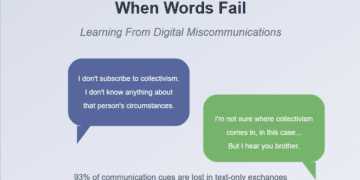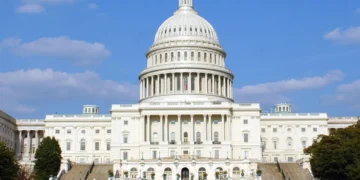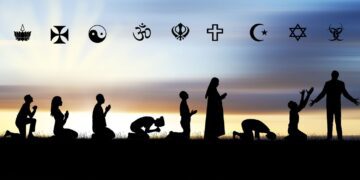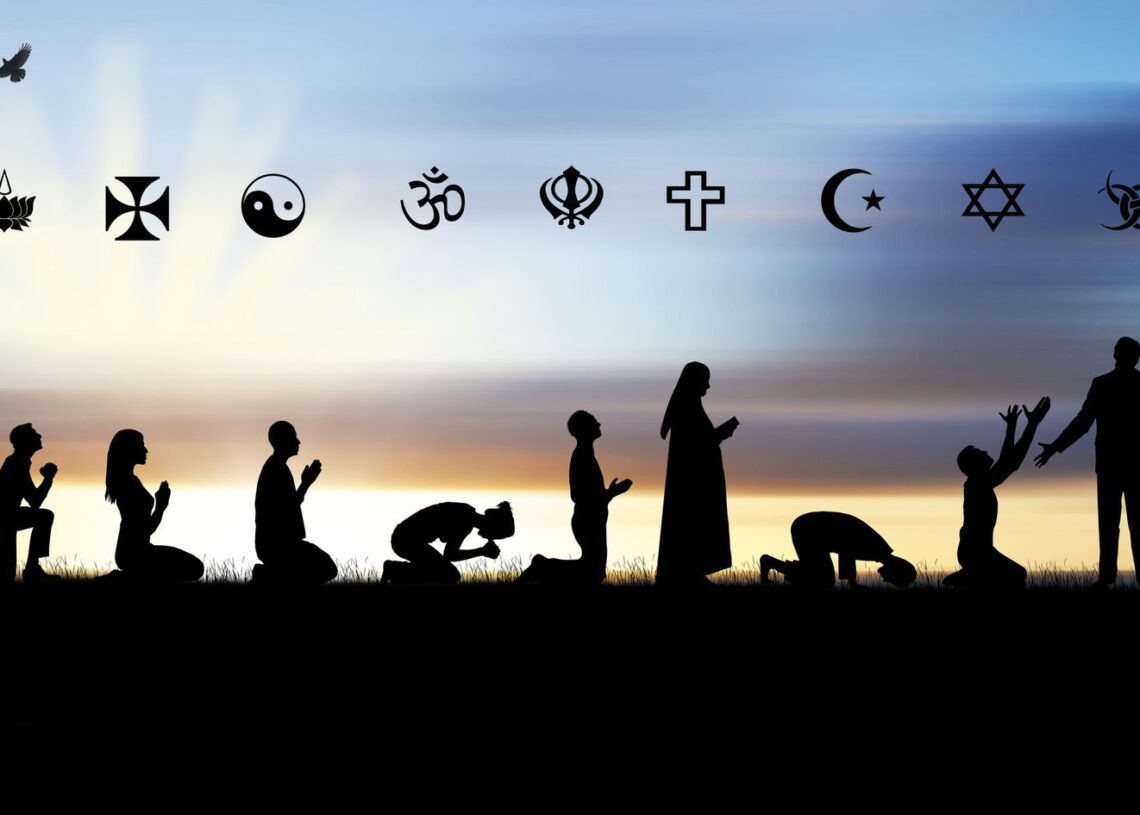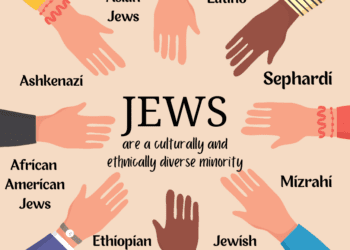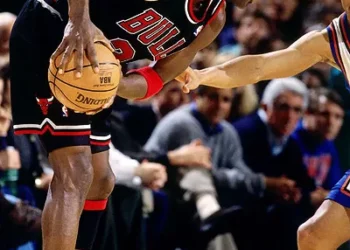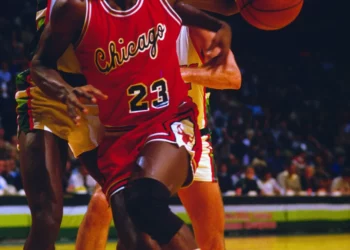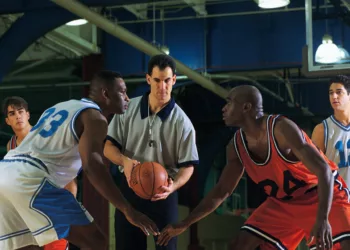There’s something fascinating about the human relationship with the divine. As someone who believes in a higher power without subscribing to organized religion, I often find myself in a curious middle ground—observing the various ways people connect with their spirituality while forging my own path.
The Moral Compass: Natural or Nurtured?
I’ve been pondering lately: is our sense of right and wrong inherent, or is it something we learn? Do we naturally understand what constitutes “sin,” or is this concept entirely constructed through socialization?
Some researchers suggest that basic moral intuitions appear early in childhood development. Studies from Yale University’s Infant Cognition Center indicate that even babies show preferences for helpful behaviors over harmful ones, suggesting some baseline moral awareness might be hardwired.
But then again, what’s considered “right” varies dramatically across cultures and time periods. What constitutes sin in one community might be perfectly acceptable in another.
“Morality, like art, means drawing a line someplace.” – Oscar Wilde
Let me tell you somethin’. Back in the day, we didn’t always have the luxury of seein’ the world in black and white, ya know what I’m sayin’? Sometimes you had to make choices that didn’t fit neat into them little boxes of right and wrong. One of the OGs use to say, “Son, you gotta understand the difference between what people tell you is wrong and what you know in your heart ain’t right.”
The Church as Community
For many people, especially in tight-knit communities, religious institutions offer something beyond spiritual guidance—they provide belonging. The Pew Research Center has extensively documented how religious communities often function as support networks, particularly for marginalized groups or in times of hardship.
I believe some people genuinely need that connective community to feel included. This aspect of religion—the human connection, the shared experiences, the collective support—often transcends theological differences.
“Religion is not just about believing, it’s about belonging.” – Rabbi Jonathan Sacks
Lemme break it down for y’all. I know people that would always try to get people to go to church whether you wanted to go or not. At the time, it would it seemed annoying. But lookin’ back now, I see it wasn’t just about the preachin’—it was about seein’ Ms. Johnson who always had candy in her purse, or Mr. Davis who’d slip you a dollar and tell you to “keep ya head up.” That sense of family beyond ya family, ya dig?
Divine Words Through Human Hands
The Bible states we are all sinners—but the Bible was written by humans. This creates an interesting dynamic where the purported words of God have been filtered through human understanding, interpretation, and yes, human limitations.
Biblical scholars at institutions like Harvard Divinity School remind us that sacred texts were composed within specific historical and cultural contexts, often compiled and edited over centuries.
Does this human element diminish their value? Not necessarily. But it invites us to approach religious texts with both reverence and critical thinking—understanding they represent both divine inspiration and human participation.
Imperfection as Our Defining Trait
Is it our capacity to sin—to fail, to miss the mark, to be imperfect—that makes us fundamentally human? There’s something profound about embracing imperfection as part of our shared experience.
I remember when my homeboy got out of prison after five years. He was sittin’ on my stoop, lookin’ up at the stars, and he just says, “You know what I learned in there? Ain’t nobody perfect. Not the guards, not the inmates, not the preachers who come visit. We all just tryna do better than yesterday.” That hit me hard, yo. Maybe recognizin’ we all fallin’ short is the first step to somethin’ better.
Finding Balance
Someone wise once told me that religion can be part of your life without taking over your life completely. This balance looks different for everyone. For some, it’s weekly services and daily prayer. For others, it’s occasional meditation and ethical living guided by spiritual principles.
“Religion is like a river. Some people wade in it, some people swim in it, and some people drown in it.”
In my own journey, I’ve found that believin’ in somethin’ bigger than yourself don’t mean you gotta check your brain at the door, feel me? It’s about findin’ that sweet spot where your faith lifts you up instead of weighin’ you down. Where it gives you strength without givin’ you blinders.
The Complex Relationship
The relationship between humans and the divine is beautifully complex—more nuanced than often portrayed in black-and-white debates about religion. Whether you find guidance in ancient texts, community worship, personal meditation, or simply in quiet moments of gratitude, the search for meaning seems woven into our existence.
What makes this relationship worthwhile isn’t certainty—it’s the questions it inspires us to ask, the compassion it encourages us to develop, and the wonder it invites us to maintain in a world that often feels all too explainable.
That’s just my two cents, anyway. What’s your relationship with the divine look like?






